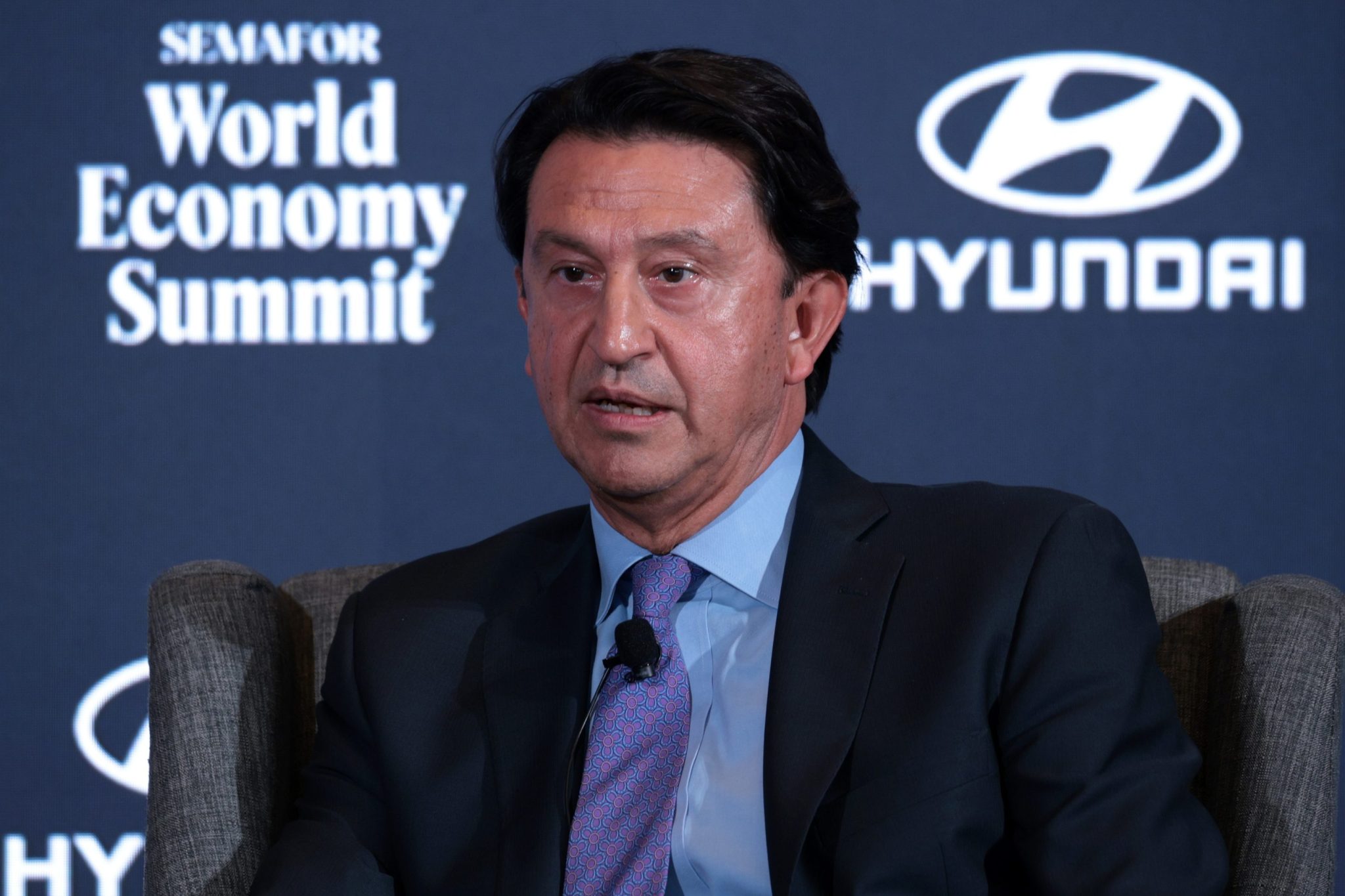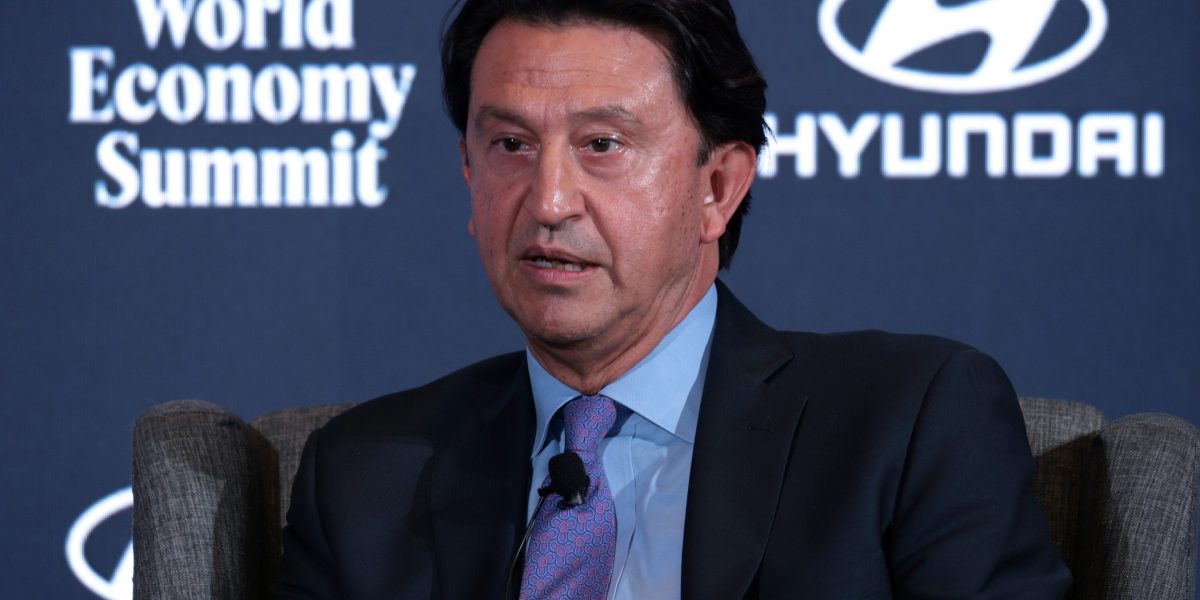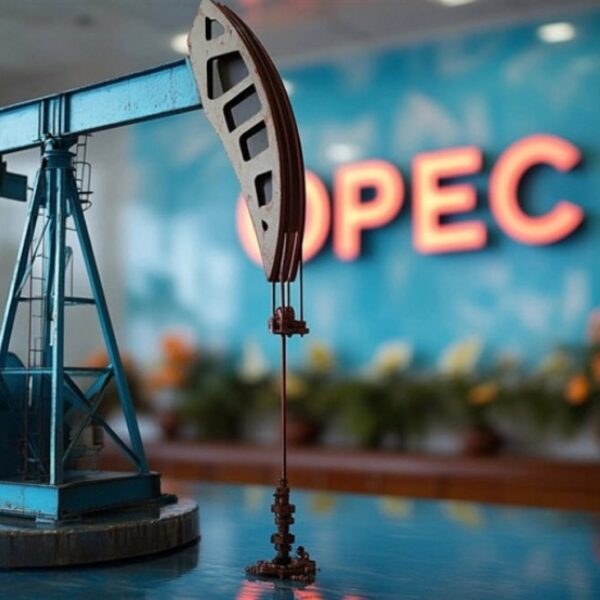
A raid by Immigration and Customs Enforcement (ICE) on a Georgia battery plant earlier this month pushed its opening date back by months, said Hyundai CEO Jose Muñoz.
The $4.3 billion operation will delay its opening by two to three months, Muñoz said Thursday, after ICE carried out its largest single-site immigration enforcement at the plant and arrested 475 people.
Some of the South Korean citizens who were arrested arrived with short-term visas or under a visa waiver program to help oversee the plant’s construction, the New York Times reported. Most were subcontractors, although some of those arrested worked for LG Energy Solution, which co-owns the plant. The plant will produce batteries for electric vehicles.
Muñoz said he was surprised by news of the raid and rushed to find out if Hyundai workers were involved. The Hyundai CEO said it’s common to bring in specialized employees to oversee construction.
“For the construction phase of the plants, you need to get specialized people. There are a lot of skills and equipment that you cannot find in the United States,” Muñoz said on the sidelines of a Detroit automotive conference, according to CNN.
The delay, which could be up to three months, really depends on whether Hyundai and LG can bring back foreign workers to help its construction “…because the knowledge is not here,” Muñoz told Axios.
ICE’s arrest of the nearly 500 South Korean workers spurred criticism in their home country, especially after ICE published a video of the arrested workers being ushered onto a bus in handcuffs and ankle shackles.
After the arrest, many of the workers were slated for voluntary removal from the U.S., but faced a 24-hour delay as President Donald Trump opened discussions with South Korea to let them stay and train American workers. The workers arrived in Seoul Friday on a plane chartered by the South Korean government after spending a week in detention.
The battery operation in Ellabell, Ga. is just one part of a massive 3,000-acre metaplant announced in 2022 that was touted as the largest ever economic project for the state. In a relatively quick turnaround, the plant began production two years later on the Hyundai Ioniq 5.
ICE’s raid on the Georgia plant shows the clash of President Trump’s efforts to boost immigration enforcement and deportations as well as his calls for more domestic manufacturing. Hyundai has committed $26 billion to increase its car production, its supply chains, and its tech advancements in the U.S. The company’s Georgia plant alone was promised to include 40,000 direct and indirect jobs, the company wrote in a press release earlier this year.
Hyundai’s CEO told Axios the company is still committed to its U.S. investments.
“The U.S. is strategically important for the mid- to long-term, and our plans of investment continue, OK? But it’s something that needs to be resolved to be able to go fast,” Muñoz said.














